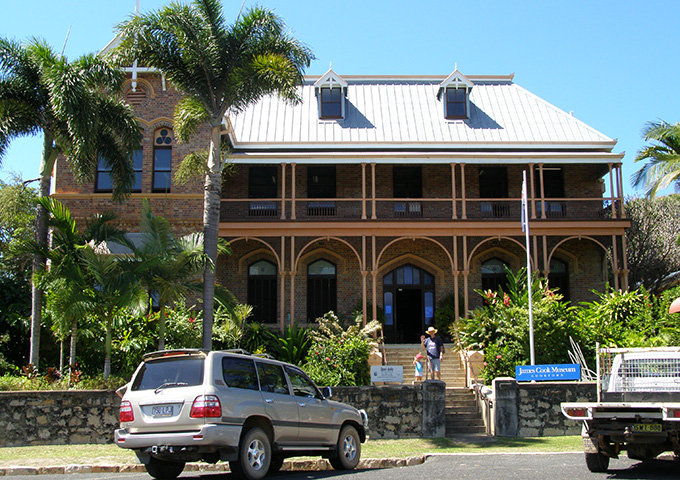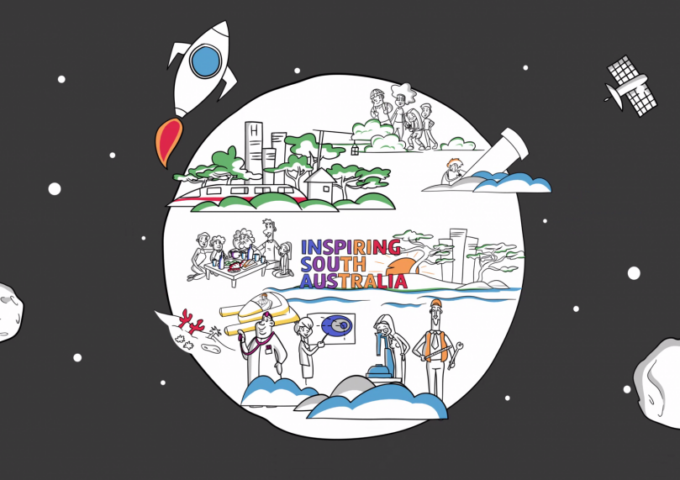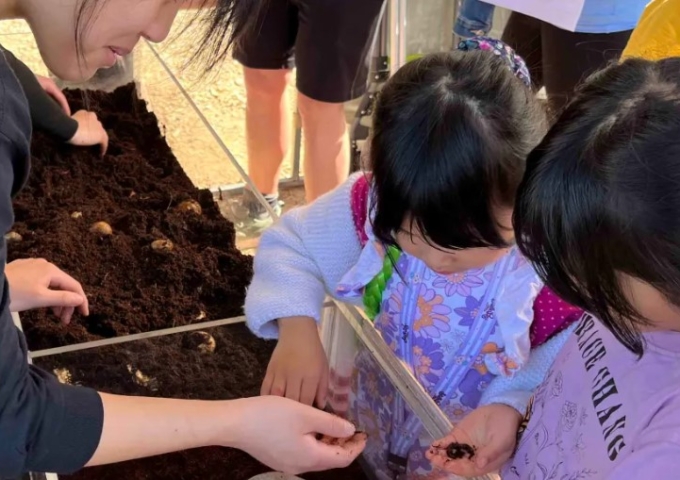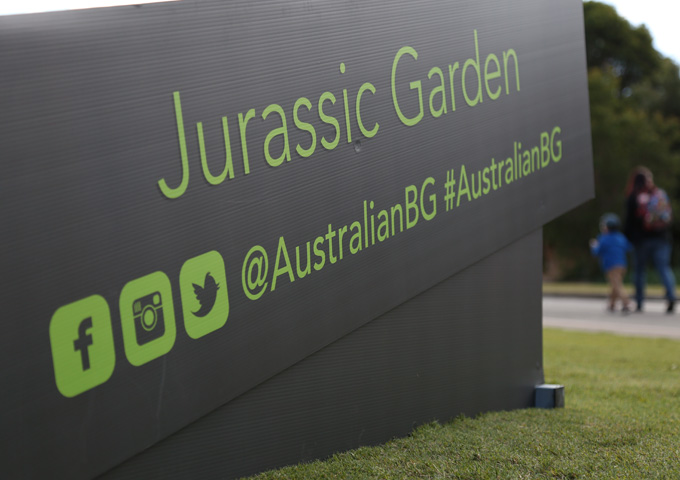
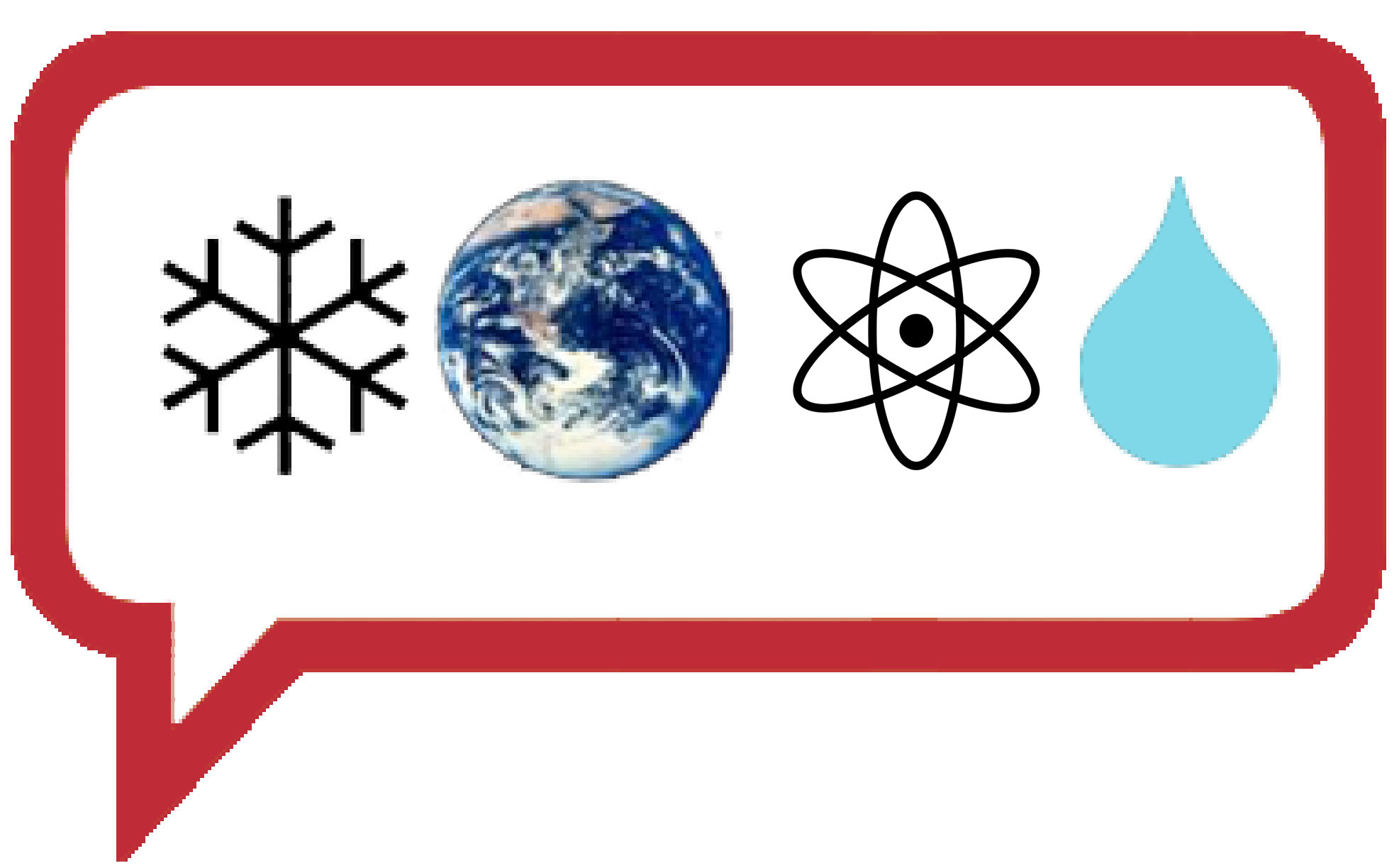 Give me one good reason why I should give up my limited spare time to come to your Science Week event! While you’re at it, give me a few good reasons.
Give me one good reason why I should give up my limited spare time to come to your Science Week event! While you’re at it, give me a few good reasons.
A strong and clear event description excites punters: tell them what will happen at the event, who will be speaking, and what they might get out of attending. Your event may be brilliant, but no one else will know without you telling and convincing them.
Good event descriptions can also lead to more media coverage. This is important—both for encouraging people to attend events and for talking about science with a broader audience. The descriptions of registered events give the publicity team material to work with and provide journalists with leads for events and speakers that might make good stories.
Tips for writing a great event description
Write a short, snappy event title
Good examples include ‘Can science save humanity?’, ‘Fifty shades of cray: reproduction in the sea’, ‘Footy Quake’ (can a rugby crowd register on the Richter scale?), ‘Poo Palace’ or ‘The mathematical magic of The Simpsons’. They are attention grabbing or challenging, descriptive, fun and/or convey a lot in a few short words.
‘National Science Week in Toowoomba’ isn’t a great title—people will know the event has something to do with Science Week because they’ve come across it on the Science Week app or website. Choose words that provide new information.
Put the tastiest bits upfront in the summary
When you register, you’ll be asked to provide a full description (up to 2000 characters) and a short description or event summary/excerpt (up to 300 characters).
In the summary, tell us what will happen at the event and what is interesting about it.
Include the most interesting and most important information in the summary as this becomes the first paragraph on your event’s web listing. It is read first and needs to engage people quickly.
Give us information, not opinion or rhetoric
Avoid empty, superfluous words that don’t give the reader useful information. For example, ‘a fun and exciting celebration of chemistry’ followed by a list of the organisations involved doesn’t tell us much beyond narrowing the topic to chemistry.
An alternative might be ‘hear about the chemistry behind the hole in the ozone layer, and experiment with and taste the chemistry in cooking’ or ‘hear a prize winning scientist talk about her career in chemistry, her science heroes and what the future holds for her field’.
Don’t rely on adjectives like ‘fun’, ‘interesting’ and ‘exciting’. Let the things you’re planning speak for themselves.
If your initiative has a suite of different activities and events, give examples
Don’t be tempted by a wide range of topics and activities to over-generalise. You still need to provide punters with enough information to tempt them.
For example, ‘an exciting celebration of all things science’ doesn’t really say much. An alternative might be ‘working scientists talk about the science that has inspired them, such as the discovery of the Wollemi pine, Australia’s role in astronomy, and the invention of needleless vaccinations’. An astronomy enthusiast might pass over the first example but look into the second.
Highlights and examples make the event tangible. They also provide a wider range of words relevant to the event that can be identified by the website’s search engine.
Tell us who your experts and speakers are
If experts or speakers are a key feature of your event, tell us who they are!
Compare three versions of the same event:
- ‘an evening of physics, with a guest speaker’
- ‘an evening of physics, including a talk from a theoretical particle physicist’
- ‘an evening of physics, including a talk from particle physicist and host of 3CR’s Lost in Science show Chris Lassig
Or compare:
- ‘…featuring an international guest speaker…’
- ‘…featuring TV presenter, astrophysicist and internationally recognised ‘badass’ Neil deGrasse Tyson’
Your guest speakers don’t have to be famous and they don’t have to be scientists, but do explain who they are and why they’re relevant, or bring an important perspective to the topic. For example, a past event ‘Sydney Ideas: Bringing Science to Wellness’ included a consumer advocate, a health blogger and a lifestyle media editor, all of which was outlined in the online event description.
Remember that you can login later and update your event description, so register early and include speakers or panellists as they’re confirmed.
Include an captivating picture
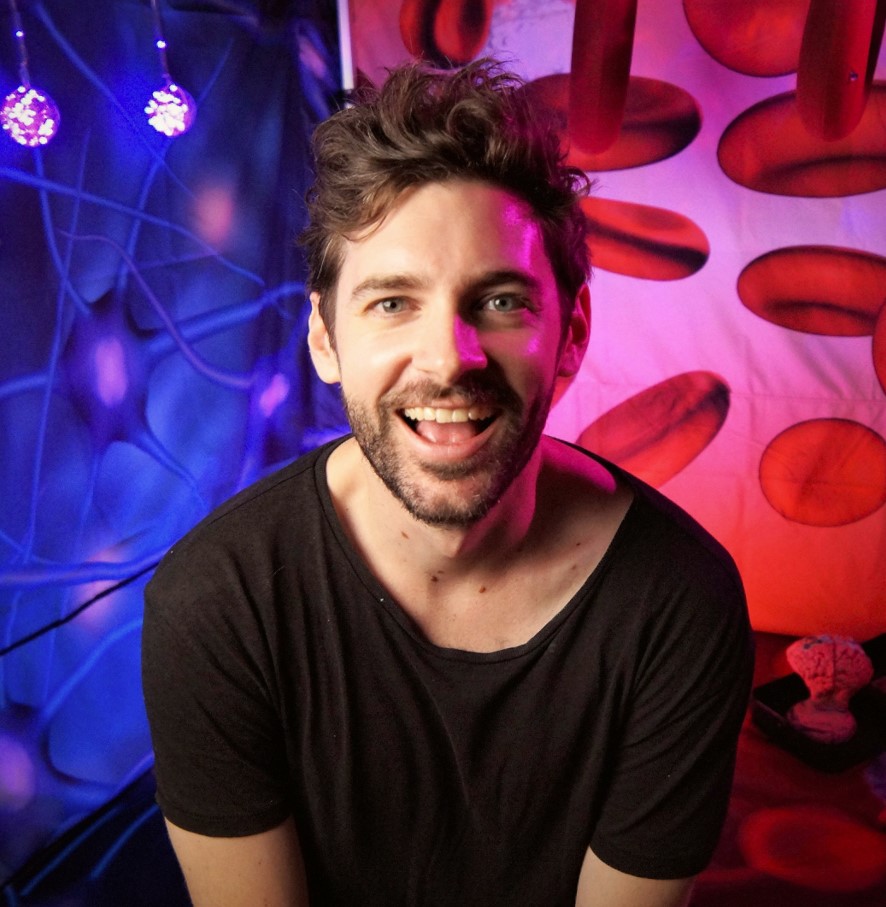 Humans are visual creatures. A captivating, interesting picture can help tell the story and promote your event. It might be a photograph of people participating in a previous similar event (and everyone loves a picture of cute kids doing science), it might be related to the topic of the event (such as an astronomy photograph or a microscope image of crystal structures) or it could be a photograph of a drawcard speaker.
Humans are visual creatures. A captivating, interesting picture can help tell the story and promote your event. It might be a photograph of people participating in a previous similar event (and everyone loves a picture of cute kids doing science), it might be related to the topic of the event (such as an astronomy photograph or a microscope image of crystal structures) or it could be a photograph of a drawcard speaker.
The example included on this page is a photograph of event organiser and speaker Dr Ken Dutton-Regester, a cancer researcher at QIMR Berghofer and founder of creative studio Excite Science. The image hints at his areas of expertise—biomedical science and the intersection of science with art and design—and his expression shows his fun and vibrant personality.
Don’t use:
- promotional poster artwork created for the event, but shrunk to a thumbnail size, with text that is visible but illegible
- (similarly) a slide from a presentation shrunk to thumbnail size
- an image crowded with supporter logos but little meaning or visual appeal (an exception might be NASA)
- images for which you don’t have usage permission or consent to use from the copyright holder and (if relevant) the people in the image. This is particularly important for images of children – see this Australian Institute of Family Studies fact sheet for more information.
Make it searchable
Remember to include the words people might use to search for your event—such as ‘sport’, ‘robotics’ or ‘art’—in your description. This is particularly important if event speakers are interviewed in the media. Listeners might not remember the expert’s name, or know how to spell it (yes, we’re looking at you Yvette d’Entremont and Siouxsie Wiles), so including words that are related to their subject matter will help people find the events they’re promoting. In 2015, a search for ‘SciBabe’ would yield Yvette’s events. A search for ‘Suzy Wiles’ would come back empty but you’d find her events if you searched for ‘bacteria’ or ‘superbugs’. Keep these considerations in mind.




